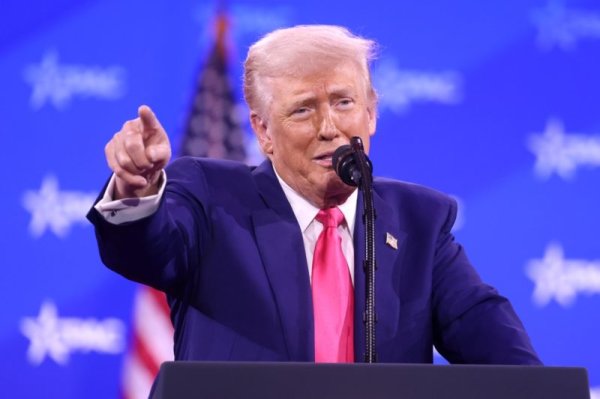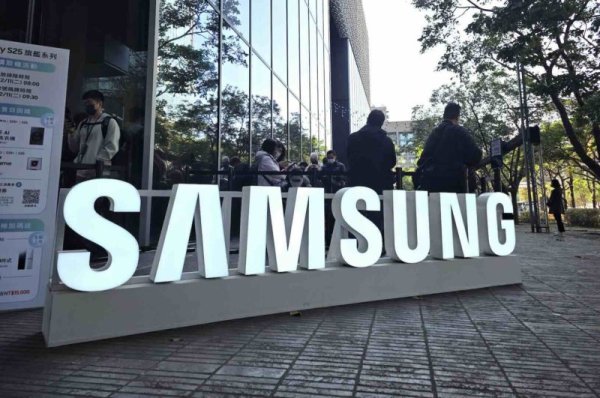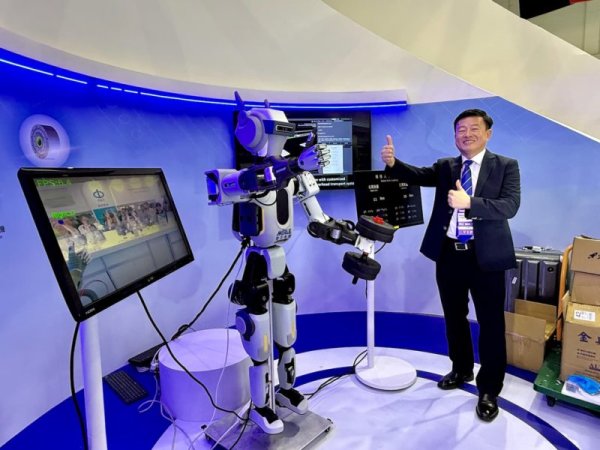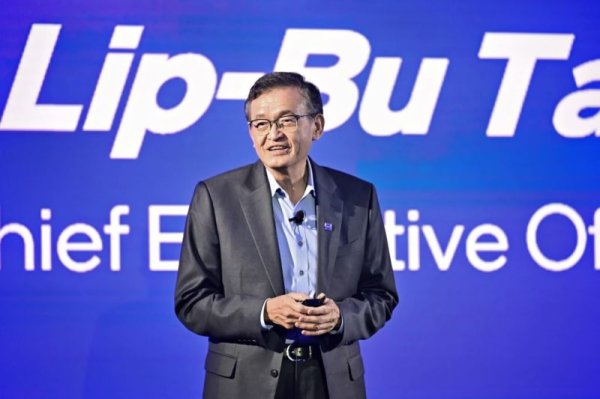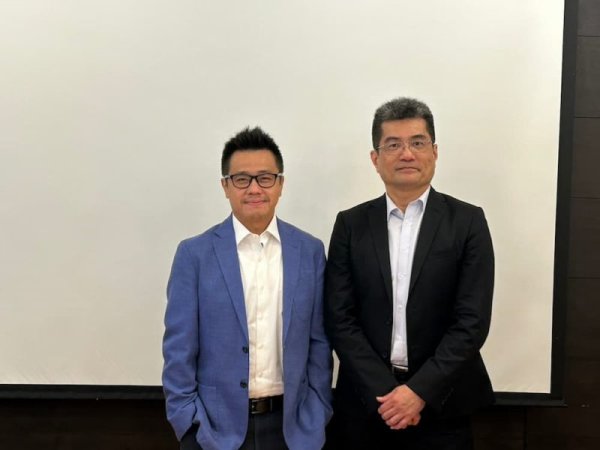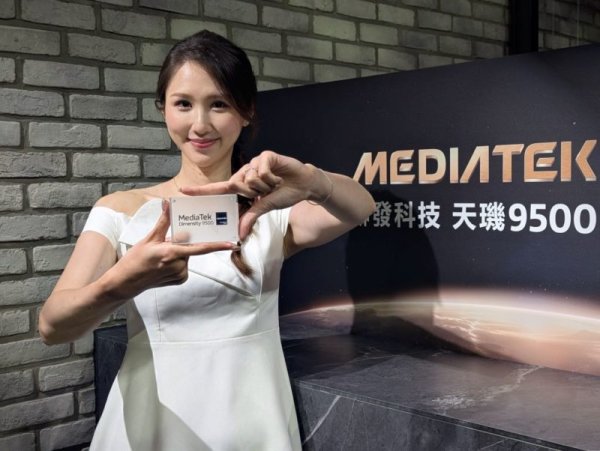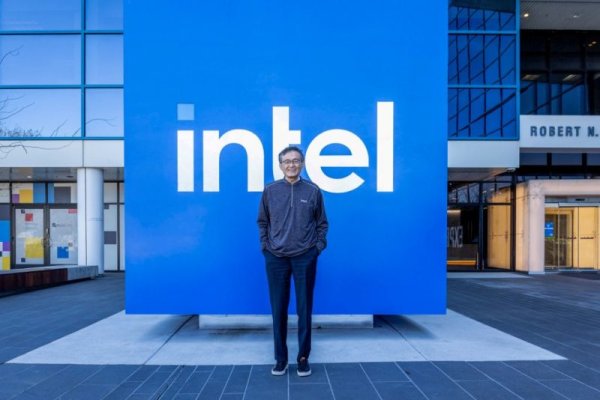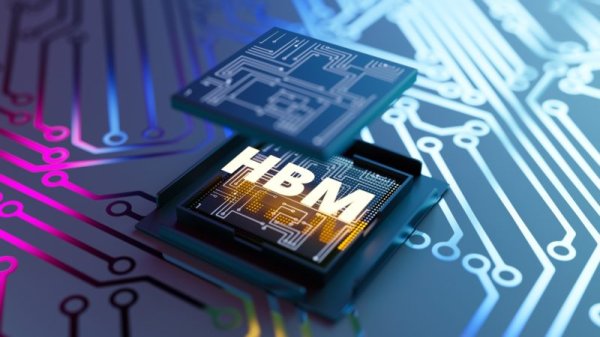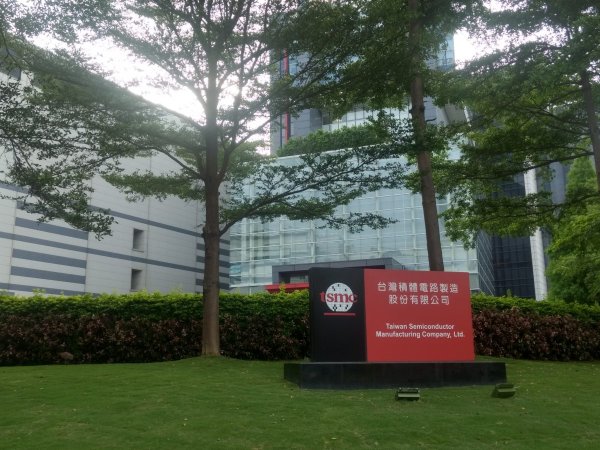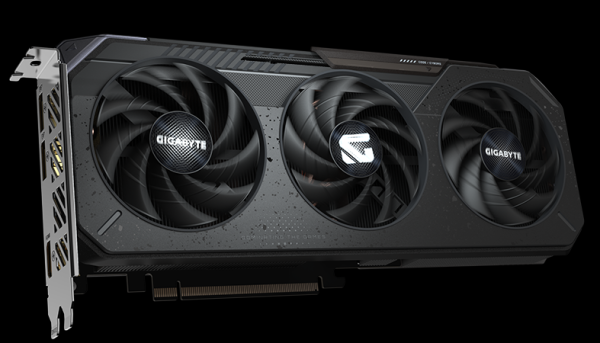Trump announces chip tax rate of 100%! Taiwan Electric may be exempted, will the fifth brother of electronics come?
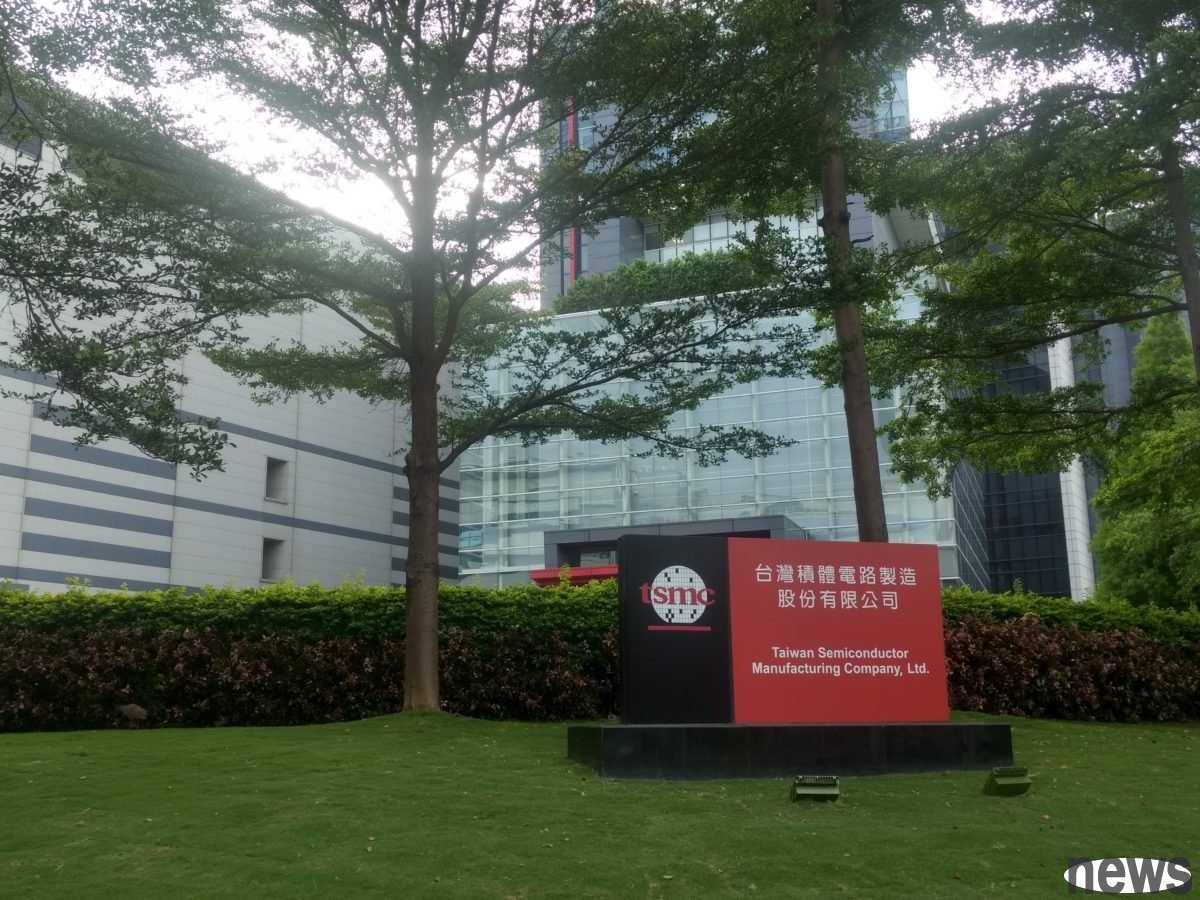
At the White House reporter meeting on August 6, Trump announced without warning that the chip tax rate will be as high as 100%. "We will impose very huge taxes on chips and semiconductors, but the good news is that companies like Apple that promise U.S. factories will not be charged."
If Trump only pays taxes on "chips" themselves, it may not necessarily cause a severe impact on high-tech industries.
"Some people are buying chips purely because the United States is not a manufacturing base, so the tax on end products is more reasonable." Chen Huiming, a well-known semiconductor analyst and Hong Kong Juxin Capital Management Partner, predicted this.
Taking the H100, a high-level AI chip designed by NVIDIA, as an example, the foundry may be handed over to the Taiwan Electric Power US factory in Asia. The completed wafer will be transported across the Pacific Ocean to Taiwan, and will be commissioned by the Silicon products under Riyueguang Holdings for packaging and Jingyuan Electronics for testing in sequence. Then, it will provide Donghai and Chengcheng to create such a set of installations, and then send them to Mexico to form a cabinet, and finally deliver them to a large cloud service provider in the United States.
During this process, Taiwan not only did not directly sell chips to the United States, but even imported Taiwanese electric products from the United States.
In 2024, the United States was the 7th largest export market of Taiwan's semiconductors, accounting for about 4.5%. Instead, it was "automatic data processing equipment and its parts", that is, AI server-related equipment, with exports of more than US$50 billion. The dependence of notebook computers, servers, computer hosts, and communication equipment on the US market is also as high as more than 70%, and it is more likely to be affected by chip taxes.
"So I think the details of chip tax have not been finished yet, because chips are usually installed into mobile phones and servers to enter the United States. Companies like Apple probably don't feel anything about chip taxes." Guo Mingchi, a Tianfeng International Securities analyst, who is known as "the most powerful Apple analyst on the surface", said bluntly that it is not practical to charge chip manufacturers, and brands like Apple are the main goal.
Since NTU has promised to invest US$165 billion in the United States, the industry often believes that Taiwan’s “protective mountain” can originally be exempted from chip taxes; even if the end customers are taxed, NTU is carrying the latest process of the door, and based on its strong pricing capabilities, it will not be affected too much.
Zhang Tianjian, executive director of Eco's semiconductor company, analyzed that for those who specialize in mature processes, investing in the United States is not necessarily cost-effective. If you pay for the final class, E-Fifth Brother may take out Taiwan's semiconductor company and switch to American products. "No matter what the course is, the future of Taiwan's industry should not be very happy."
"The conversion efficiency should have happened this year. The nothing happens to Taiwan Electric Power does not mean that other manufacturers are doing it. Some American customers originally invested in films in Taiwan, but now they are transferring them to us, but the production cost in the United States is still expensive." said An Baoxin, CEO of KY, the arsenide crystal circle foundry manufacturer in the United States.
Although chip taxes seem to be limited in impact on "protecting the sacred mountain of the country", Ye Zheliang, deputy executive secretary of the former Executive Yuan Science and Technology Association, reminded that instead of relying on "comfortable circle" in Taiwan, it may become a concern for Taiwan's long-term development.
Taiwan Power's R&D costs have been stable at around 8% of the operating expenses, but capital expenditures in the past few years have seen significant fluctuations. In 2018, most of them were around 30% before the start of the US-China trade war, and rose to 43% in 2019. In 2021, the US factory operating time reached a peak of 52.9%, and fell back to 33% last year.
"The capital expenditure ratio has dropped significantly. You can explain that the market is not good, but I think the real reason is that Taiwan has no sufficient resources to support Taiwan's electricity expansion. We don't have that much electricity or that much "fresh liver." said Ye Zheliang.
Although Trump's chip tax details are still unclear, there will be a huge difference in the impact on Taiwan's semiconductors and electronic foundry operators. For Taiwan's power, which has no short-term competition, whether it can balance the domestic industry and global layout in the next stage is another more important issue related to Taiwan's long-term development.


